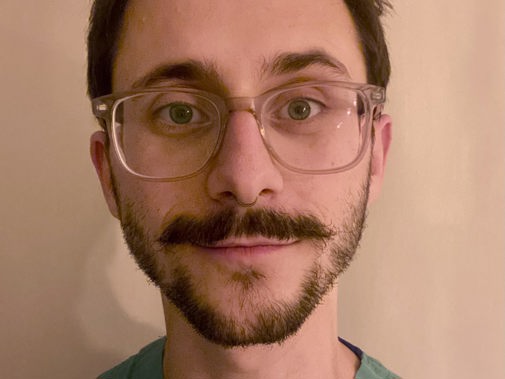I have been asked why I’m voting 'Yes' in the ballot of junior doctors for industrial action in Northern Ireland.
The truth is I don’t particularly want to strike.
I want to do my job, a job I’ve spent years of my life working towards: a job that helps people in a way few others do; a job that’s challenging and at times frustrating. And I want to be paid fairly for that job.
Since 2008 doctors’ pay in Northern Ireland has been eroded by approximately 30 per cent in real terms. That means our pay has not been increasing in line with inflation year on year. And a lot has happened since 2008: to the economy and in my own life.
Let’s take a trip down memory lane. In 2008 I was still in school in northern England and I was choosing my A-levels. Back then, studying medicine wasn’t on my radar and I was unsure about what I wanted to do with my life. The world was my proverbial oyster, and I ended up completing a strange assortment of A-levels in biology, mathematics, art, and design & tech before crossing the border in 2010 to study history of art at the University of Glasgow.
I quickly recognised this wasn’t for me and side-stepped into the biological sciences, graduating with a degree in Neuroscience in 2014. This was also the year I began the long and exciting journey of studying Medicine at the University of Edinburgh. By 2014 junior doctors pay had fallen by 15.1% compared to 2008.
So, at the start of my career, unbeknownst to me, pay erosion was already insidiously chipping away at the secure financial foundation for doctors across the UK. Finally, in 2019, via an unusual meandering route and with nine years of higher education under my belt, I was officially Dr Marcus Hollyer BSc (Hons) MB ChB (Hons).
I left university with approximately £50,000 of student debt (a sizeable sum, but far smaller than that which many of my junior colleagues graduating today will have). This means I currently pay £257 of my salary per-month in student loan deductions. Meanwhile these loans (plural) accrue £238 in interest each month – a stagnant financial abyss. There are also a lot of secret costs to being a doctor.
I have spent thousands of pounds on difficult post-graduate examinations that are essential for climbing the ladder to becoming a consultant, not to mention the annual fees for GMC registration, medical indemnity, etc without which I would not be able to practice medicine. All these costs mount up and are experienced in the tumultuous socio-economic climate of the post-Brexit and pandemic era, in an underfunded health service that becomes a more challenging work environment by the day.
And so now we find ourselves in 2024, earning 30 per cent less in real terms than junior doctors in the past. That’s 30 per cent less to save lives in a system that feels like it’s working against us; 30 per cent less to care for patients on beds in corridors; 30 per cent less to wade through rigorous and expensive exams; 30 per cent less to compete for elusive specialty training posts.
With the current pay and working conditions, doctors are leaving and they are not coming back. This is creating a workforce crisis that perpetuates some of these issues, causing more people to leave and the cycle continues. It can’t continue much longer.
Fixing pay is the first step to staff retention thus strengthening the NHS and helping patients by having more doctors on the ground. Asking for pay restoration is simply asking that our pay be readjusted to what it should be and would be if it had gone up in line with inflation each year since 2008: restoring pay to a level that reflects our years of education, hard work, skills, and sacrifice.
So here I am voting 'Yes' to strike and thinking about why. I’m voting Yes to restore our pay.
I’m voting 'Yes' to improve staff retention and working conditions. I’m voting 'Yes' for the NHS.
Marcus Hollyer is an internal medicine trainee in a Northern Ireland health trust

